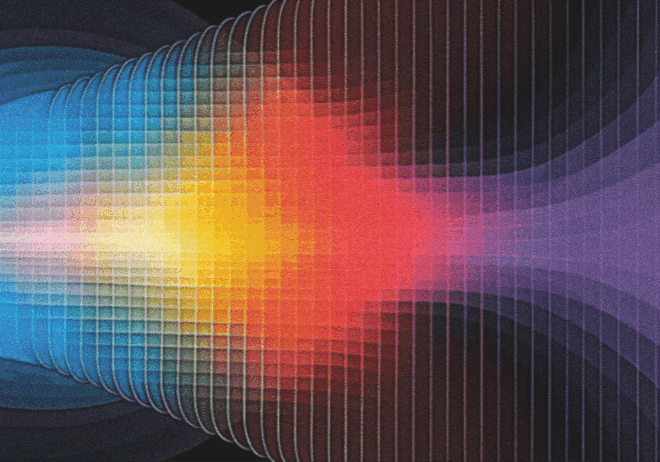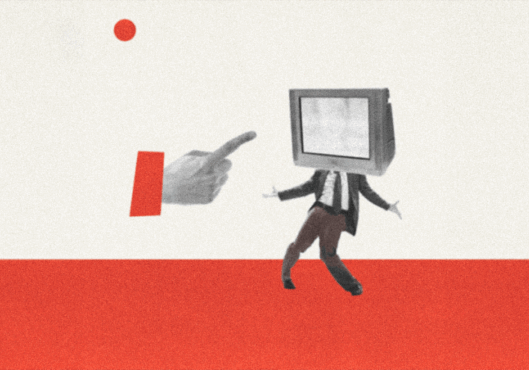
Is hyperpersonalization ruining advertising?
The industry looooooves hyperpersonalization. I mean really loves it.
What happened to a good ICP? Creating a nuanced profile and creatively targeting specific X.
Even if you’re asking, but isn’t creativity in advertising being ruined? Aren’t we witnessing the dawn of a new era where human creativity takes a backseat to AI-driven optimization?
Hyperpersonalization took the industry by storm
We live in an age where we have access to vast amounts of data. AI algorithms can use this info to then analyze consumer behaviors, preferences and demographics to deliver highly tailored advertisements. This level of personalization allows brands to create messages that resonate on an individual level, increasing the likelihood of conversion and brand loyalty.
AI-driven hyperpersonalization has undoubtedly revolutionized the way advertisers reach and engage with their target audiences. The allure of hyperpersonalization lies in its ability to deliver the right message to the right person at the right time. Through predictive analytics and machine learning, AI algorithms can anticipate consumer needs and desires, presenting advertisements that feel almost intuitively relevant to the individual viewer.
But here’s where things get dicey.
What about the human touch in advertising?
Amidst the excitement of AI-driven hyper personalization, a dilemma emerges: does the pursuit of optimization come at the expense of creativity?
Simple answer: yes. Algorithms prioritize data-driven insights and performance metrics, usually at the detriment of creativity and genuine engagement. From what I’ve seen, teams that use AI-based hyperpersonalization see content becoming formulaic, boring.
There’s also real concern that hyper personalization may lead to an echo chamber effect, where consumers are only exposed to content that aligns with their existing preferences and beliefs. This raises questions about the role of advertising in challenging societal norms and fostering diversity of thought. If AI algorithms primarily serve content that reinforces existing biases and preferences, it could hinder the potential for advertising to drive meaningful cultural change.
While algorithms can analyze data and optimize campaigns, they lack the nuanced understanding of human emotions, cultural context and storytelling. These are all what make for compelling advertising. Creativity in advertising is about evoking emotion, sparking curiosity and inspiring action. It’s about telling stories that resonate with audiences on a deeper level and create real connections.
A robot could never.
Striking a balance between personalization and creative experimentation
Two things are true, then: AI is here to stay. But so is human creativity. Striking the balance between these two is the sweet spot.
After all, if AI can predict what will resonate with audiences based on past performance, where is the room for innovation and experimentation?
AI can enhance targeting, streamline workflows and improve campaign performance, but it should complement rather than replace human ingenuity. By realizing the capabilities of AI while also promoting creativity and innovation, advertisers can create campaigns that are both optimized for performance and rich in creativity.
Cut to the chase
AI and its ability to hyper personalize does seem to challenge the idea of creativity, but it will simply never be able to replace the human mind.
Think of it as a way to discover new opportunities for innovation and engagement. Take advantage of the technology but stay true to your own storytelling and human connection.

